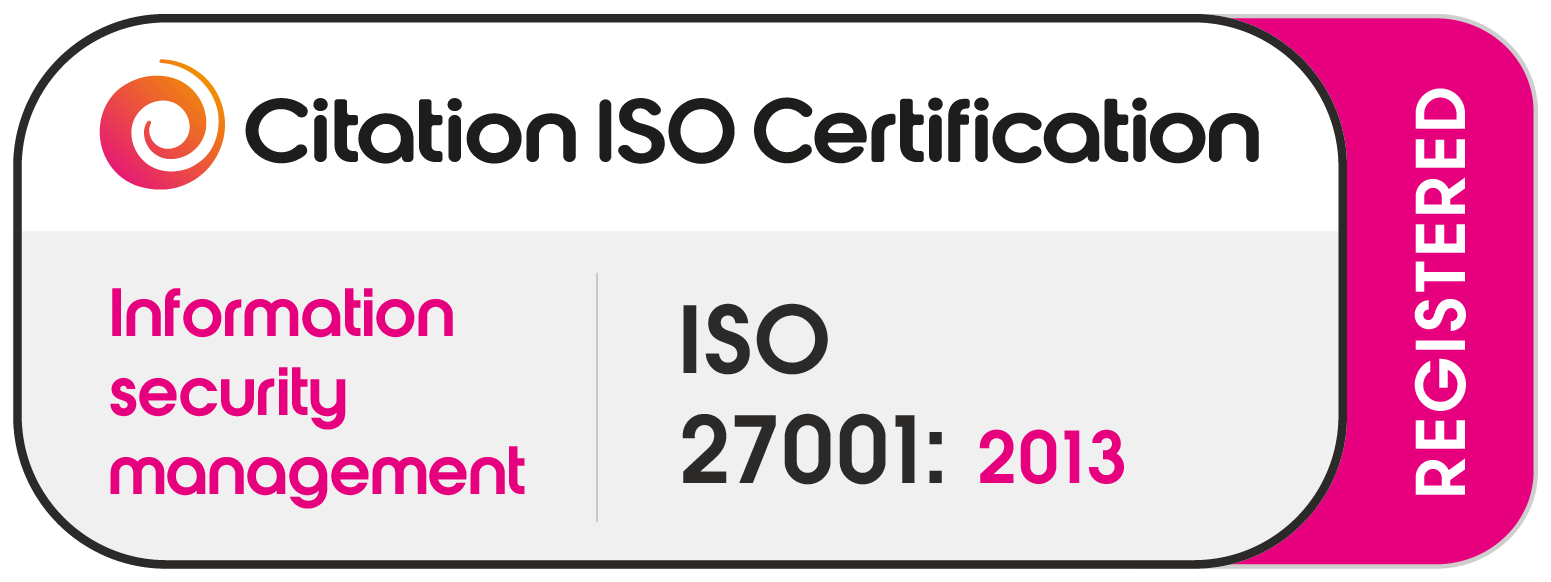The multiple stakeholders in Technology Due Diligence projects
There are numerous stakeholders In Venture and Private Equity based technology due diligence projects.
From the Investment side, the Investment Director (aka. ‘The Investor“) and supporting staff – sometimes there are the Portfolio Operations and Portfolio Managers to consider.
In the target firm, there is the Tech Leadership (a.k.a. “The Management“) and sometimes key senior technical staff such as those responsible for software architecture and/or infrastructure etc.
Lastly, there is the firm running the due diligence (a.k.a. ‘The Consultant‘), which is often an external business (a) to allow impartial views, (b) to interpret between the Investor and management and (c) because no one wants to keep this type of staff on the books / on the bench – it is too expensive.
All projects we operate work something like this: The Investor <–> The Consultant <–> The Management.
And writing my last book taught me the need to write for a single person or avatar.
Hence this blog is written for ‘The Management’. As (a) the Investor doesn’t need to learn this and (b) the Consultant should already know what is presented.
I will be more specific – and aim this at a CTO that’s never been through a technology due diligence before. Please also note that when I state ‘CTO’, I refer to all flavours of this – CIO, Technical Director, VP of Data etc.
Effectively the Technology leader sets the agenda and leads the people, and they often have a hands-on background.
As a primer, here’s this helpful video from Chris Phillps on how to be Exceptional in a Technical Due Diligence:
So what challenges will this CTO have?
Firstly, congratulations on being involved in a business that has attracted PE investment or buy-out. It takes quite a company and product to successfully generate enough traction and revenues to be attracted to Private Equity. If an institutional investor has not invested in your business previously, I will assume it’s relatively early-stage (and therefore lower to mid-cap).
The CTO will be plate spinning and wearing multiple hats; the product is stable but not perfect, of course. One of the main challenges is working in a ‘bubble’ and not fully understanding how the growth plan will execute and what new skills are needed to work with a post-investment board.
Often, the other challenges are related to the strategy and roadmap because now you will be under Private Equity involvement (I have to avoid control). So there will be more scrutiny in your plans. And in the early days of the ‘post-deal’ world, you will need to impress people. And there will be more people watching.
What will this due diligence be like?
The projects are usually rapid and structured and will initially need a lot of your time. However, if you know your business and systems inside-out, that’s helpful as fewer contact points are better, noting the need to reach out to SMEs.
Most CTOs we meet are nervous when we first meet. And the same goes for CEOs. We’ve had many experiences of CxO frantically sending newly-created documents at 2 am. But you should be rest assured this exercise isn’t about finding what’s ‘wrong’. Instead, it’s about seeing opportunity.
Investors are already aware your business and tech aren’t perfect – and if you help uncover those issues, you can utilise some of the money invested in addressing those concerns.
Don’t I need a technology due diligence checklist?
No, we will not do this via lists. Technology is an organic, creative area that needs time spent in specific areas specific to your business. People dislike, I mean hate, completing a ‘checklist’ for interviews, and the results from these tend to be long, complicated reports that investors find difficult to understand.
One last note
The information you provide here isn’t just for the investors; it is helpful for your team. Together we often find new opportunities to improve matters, as we have the advantage of looking at your firm from afresh and being able to replay what we see – in a language you understand.
More details on the @Scale project can be found here.







